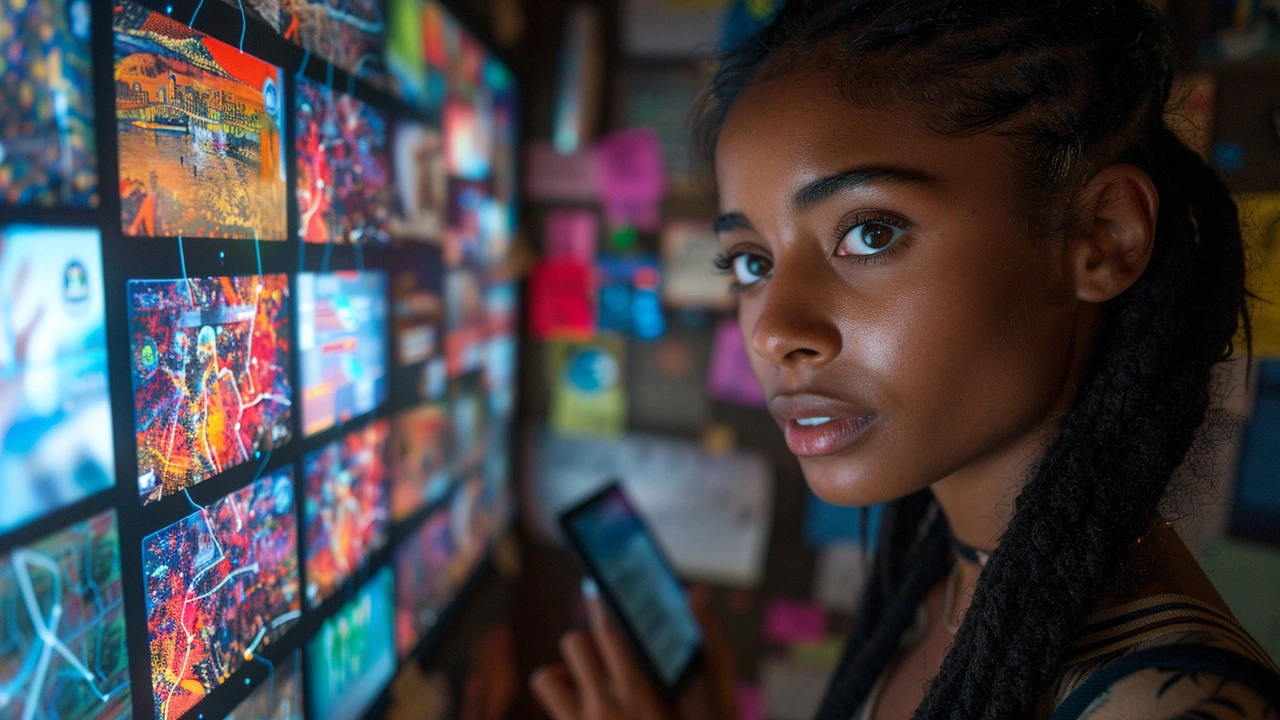
Unpacking the Capabilities of ChatGPT
ChatGPT, a variant of the GPT (Generative Pre-trained Transformer) models developed by OpenAI, stands at the forefront of AI-driven innovations in content creation. Unlike traditional writing tools, ChatGPT is designed to understand and generate human-like text based on the input it receives. This functionality not only expedites the writing process but also opens avenues for more creative and tailored content solutions.
The essence of ChatGPT lies in its advanced language model, which has been trained on a diverse dataset comprising a wide array of text sources. This extensive training allows the model to produce coherent and contextually relevant responses. For content creators, this means reduced time on drafting and more focus on refining the output to better match their voice and goals.
Beyond mere text generation, ChatGPT offers capabilities like summarizing lengthy articles, generating ideas for blog posts, and even crafting entire articles. It can adapt to various styles and tones, making it a versatile tool for writers across different genres and industries. By automating the initial drafts, creators can use their time more effectively for research, SEO optimization, and enhancing the narrative flow of their writings.
Enhancing Creative Processes and Productivity
One of the significant impacts of ChatGPT in content creation is on productivity. Writers can produce drafts at an unprecedented pace, allowing for greater scalability of content production. This is particularly beneficial for businesses and digital marketers who need to maintain a consistent online presence across various platforms. ChatGPT facilitates the generation of high-quality content swiftly, ensuring that businesses can stay relevant and engaging in the fast-paced digital world.
Moreover, integrating ChatGPT into the creative process fosters innovation. Writers are finding new ways to approach their writing, experimenting with different formats and narratives that were previously unexplored. This tool is not just a means to an end but a partner in the creative journey, providing suggestions and alternatives that can enrich the content.
Furthermore, ChatGPT also assists in overcoming writer's block by offering numerous continuations and ideas, helping writers to find their flow during those frustrating periods of creative drought. It could be argued that ChatGPT has become an indispensable tool for many, from freelance writers to major content creation agencies.
Considering Ethical Implications and Future Directions
While the benefits of ChatGPT in content creation are considerable, it raises ethical questions and challenges. The most prominent among these is the issue of originality and authenticity. As AI-generated content becomes more common, distinguishing between human and machine-written content can become blurred, leading to concerns about transparency and trust.
Content creators and platforms have started to address these issues by developing guidelines and using tools to ensure that AI-generated content is used responsibly. For instance, content that is created using AI tools like ChatGPT is often reviewed and edited by human writers to maintain a personal touch and authenticity.
Looking forward, the evolution of AI tools like ChatGPT suggests a landscape where human creativity is not replaced but augmented. Future iterations of these models are expected to offer even greater customization and interaction, making them more intuitive and effective as creative partners.
The integration of AI in content creation heralds a new era of efficiency and creativity. It challenges traditional notions of the creative process, prompting both individuals and companies to rethink how best to engage with technology to remain competitive and innovative in a digital-first world.